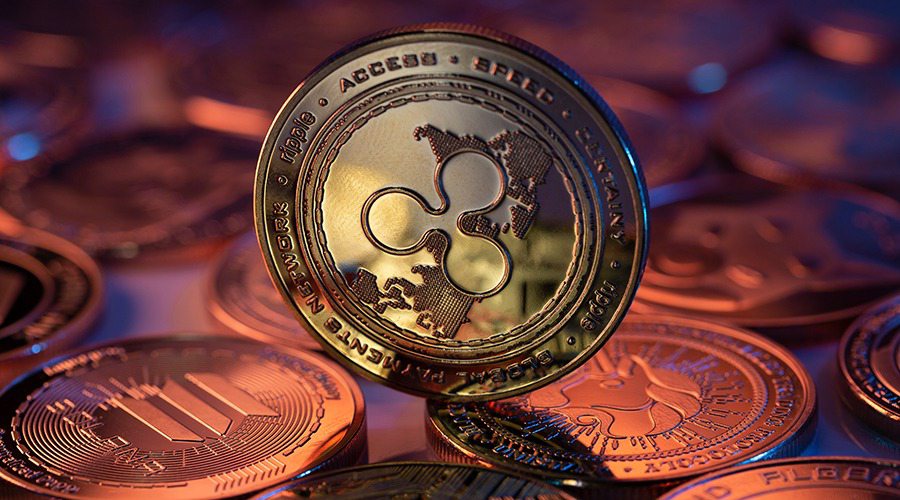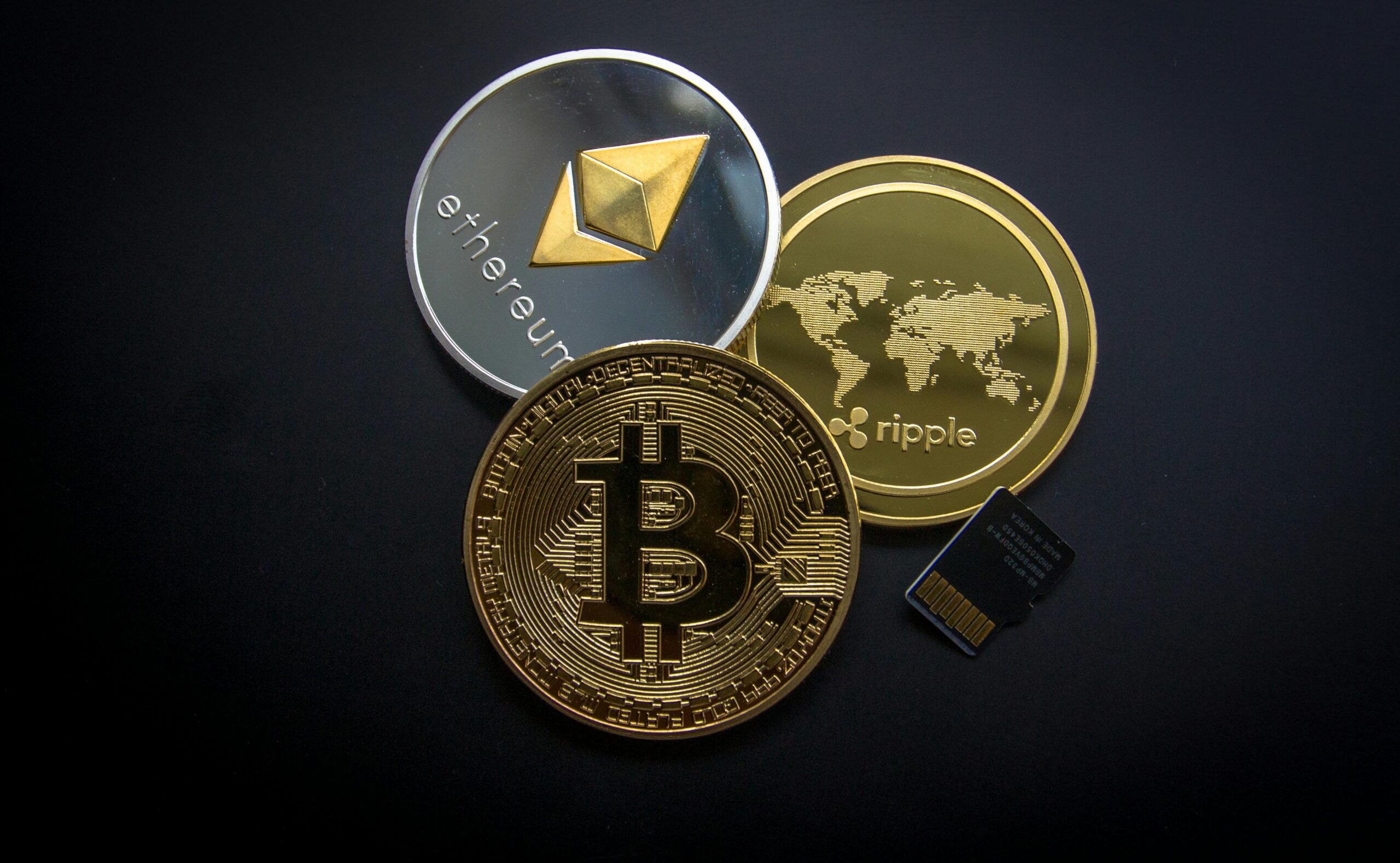Crypto Comeback: XRP Surges 12% as SEC Battle Ends in Landmark Victory

In a landmark development that has sent ripples through the cryptocurrency world, the U.S. Securities and Exchange Commission (SEC) has finally decided to drop its long-standing legal battle against Ripple Labs. After an intense four-year legal saga that captivated investors and blockchain enthusiasts alike, the regulatory agency is officially withdrawing its lawsuit against the digital payment company.
The protracted legal dispute, which began in late 2020, centered on allegations that Ripple had conducted an unregistered securities offering through its XRP cryptocurrency. This case has been closely watched by the crypto industry as a potential precedent-setting moment for digital asset regulation.
With the SEC's withdrawal, Ripple emerges victorious, marking a significant turning point for the company and potentially signaling a more nuanced approach to cryptocurrency regulation. The resolution brings a sense of clarity and relief to Ripple's leadership, investors, and supporters who have stood by the company throughout this challenging legal journey.
As the dust settles on this high-profile legal battle, the cryptocurrency community is left to reflect on the broader implications for blockchain innovation and regulatory oversight in the rapidly evolving digital financial landscape.








